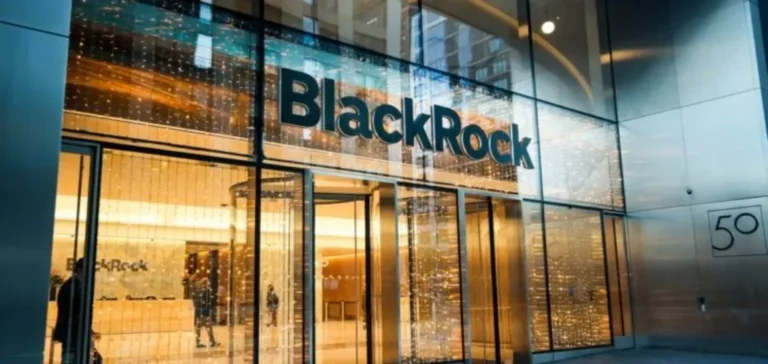A group of investors led by BlackRock’s Global Infrastructure Partners division is in advanced talks with several banks to raise up to $10.3 billion to finance a major infrastructure transaction linked to Aramco’s gas assets. According to sources familiar with the matter, the initiative aims to generate immediate liquidity for the Saudi oil company in exchange for long-term payments over two decades.
Structured loan split into two tranches
The planned financing structure includes two separate loans: one short-term and the other long-term. Around 75% of the debt is expected to be structured as a seven-year facility, which could be refinanced through bond issuance, while the remaining portion would be due over 19 years. Several international banks, including JPMorgan Chase, Sumitomo Mitsui Banking Corporation, Goldman Sachs, Citi, Mizuho, and MUFG, have been approached to join the transaction.
Chinese banks have also shown interest in funding the short-term tranche. The participation of Asian institutions could enhance creditor diversification and optimise financing conditions for the consortium.
Creation of Jafurah Midstream Gas Company
As part of the agreement, an entity named Jafurah Midstream Gas Company (JMGC) has been created to hold development and operating rights for gas processing facilities around the Jafurah field. Aramco will retain a 51% stake in JMGC, with the remaining 49% held by the investor group. The consortium led by BlackRock is expected to inject around $1.8 billion in equity into the transaction.
The Jafurah gas field, estimated to contain nearly 229 trillion standard cubic feet of raw gas, is the largest non-associated gas development in Saudi Arabia. The planned infrastructure will support the construction of over 1,500 km of pipelines and processing units, backing Aramco’s objective to increase gas output by 60% by 2030 from 2021 levels.
Supplementary financing through Islamic bonds
Alongside the bank loan, Aramco is also considering raising between $3 billion and $4 billion via sukuk, Sharia-compliant bonds. A previous $5 billion issuance in May attracted over $16.5 billion in demand. The new sukuk are expected to be priced shortly, according to sources.
The structure of this transaction mirrors the leaseback models previously used by Aramco in its 2021 and 2022 deals involving oil and gas pipeline networks. The mechanism allows the company to raise capital while maintaining operational control of its strategic assets, within the framework of broader economic diversification.






















